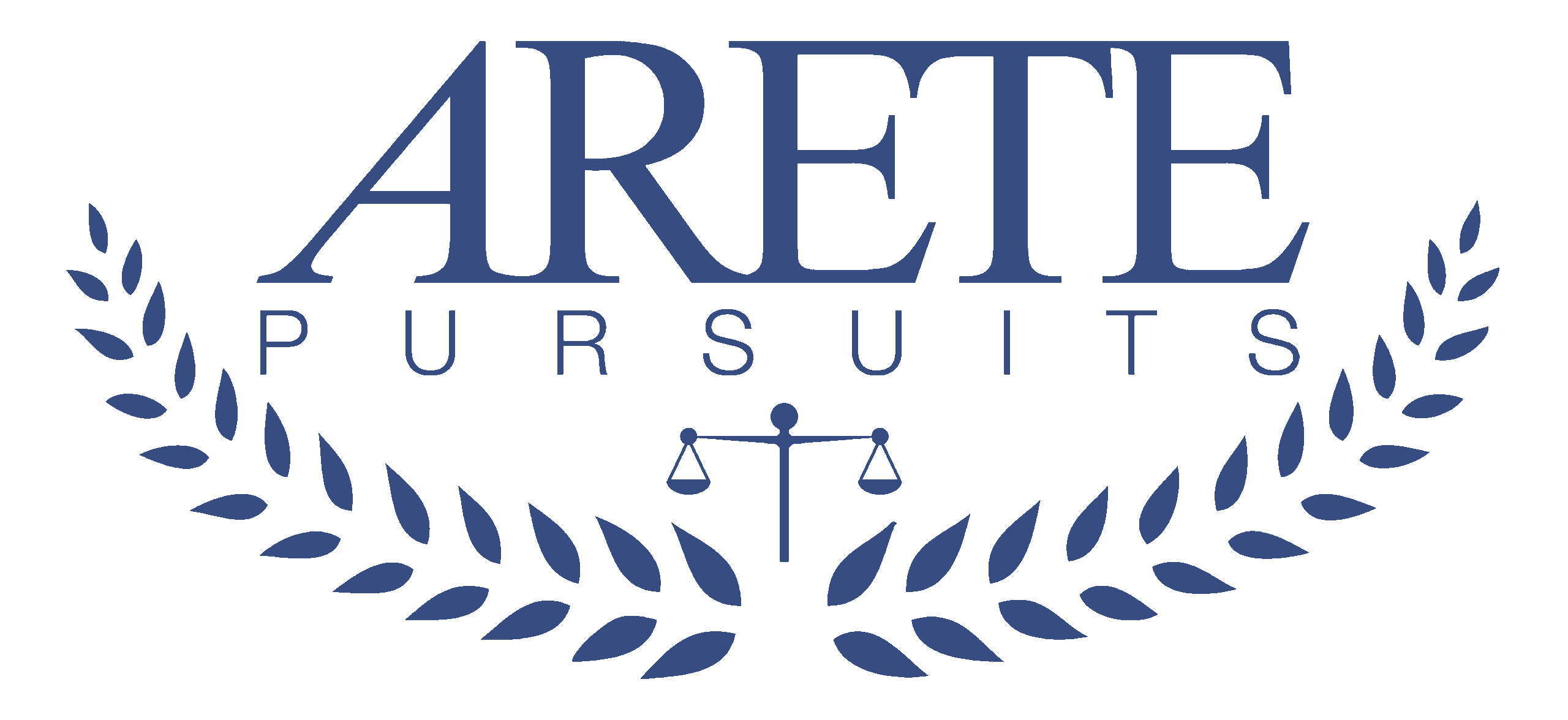Last week, I spoke with a leader who said he was having difficulty figuring out his current boss. This is a very experienced, highly successful leader, and this was the first boss he encountered with whom he just couldn’t figure out how to get the relationship to “click” (my words, not his).
As he explored the relationship, he realized it boiled down to trust. He did not trust his boss, which was new territory for him.
You’ve likely found yourself in this situation – whether it’s a boss, a colleague, a friend, or even a family member, there are times when you recognize that trust is lacking. Today, I’ll explain the elements of trust. These are foundational distinctions in ontological coaching, and The Thin Book of Trust, by Charles Feltman, is an excellent (and short) book to dive deeper into.*
Sincerity
Sincerity may be the most obvious element of trust. When you are sincere, you are honest. The words you say out loud align with the thoughts you are thinking in your head. What you say can be believed. Another component of sincerity is that your opinions are thoughtful and backed by evidence. You are thoughtful in what you say.
How do we determine if someone is sincere? Most of us don’t have the gift of mind reading. However, we do have intuition. At times, you may intuitively feel that someone is not sincere. When this happens, you can look for supporting evidence. With practice, the signs become clearer. It could be their body language – their words don’t align with their tone of voice, the expression on their face, or how they hold their body. Perhaps what they are saying doesn’t align with what they have said in the past. Or, at times, their choice of words calls their sincerity into question.
I recently spoke with a coachee who spoke confidently about his readiness for promotion and abilities. And yet, there were two points in his story where I observed a hesitancy. It was subtle, but it was there. My intuition picked up on this. When I asked him about the hesitancy, he said, “You are very good at what you do.” That opened up a new exploration for our conversation.
When we assess someone as insincere, there is undoubtedly a missing conversation. It likely requires a courageous conversation. I spoke with another leader recently who felt disrespected by a colleague. It took tremendous courage for her to give that person the feedback. When she did, he immediately responded, “I am so sorry.” He had no idea how his actions made her feel. He owned his actions, and that courageous conversation served to reset and strengthen their relationship, building greater trust.
Reliability
Another critical aspect of trust is the person’s reliability. Do you have a track record of fulfilling your promises to others?
This one may seem obvious, but it often lurks under the surface undiagnosed, especially when you don’t have open conversations about unfulfilled promises. Often, a person misses a deadline, and we say nothing. As this cycle repeats, we assess the person as unreliable. And yet, without discussing the issue, the other person forms an assessment that deadlines are not important.
In essence, we have a missing conversation. We must discuss the missed deadline and reset expectations to resolve this trust breakdown.
One of my top five strengths from the StrengthsFinder assessment is Responsibility. I pride myself on being reliable. Reliability for me means if I make you a promise, you can forget about it. I will deliver as promised, or as soon as I recognize I cannot do so, I’ll alert you so we can devise a new plan.
Competence
Competence means we have the knowledge, skills, and abilities to do whatever we say we will do. I may have a new employee fresh out of college who has proven reliable thus far and offers with utter sincerity to complete a project for me, but I may not trust them to deliver because I feel they don’t have the skills to succeed.
When the root of the trust breakdown is competence, I like to co-create a development plan with the individual. First, we discuss the perceived lack of knowledge or skills. It could be that I’m unaware of the person’s background and experience. If there is a gap, we live in a world of abundant learning resources. Together, we build a development plan that addresses the gaps. This could be training, pairing them with a more senior resource as a mentor, or bringing in an executive coach.
Care
Care is perhaps the most important of the four elements. Do I believe this person has my self-interest in mind, or are they only focused on their own? You can be sincere, reliable, and competent, but my ability to trust you will still be limited without care. I can trust you only to the extent that you are making promises that align with your self-interest.
Care does not typically come with a quick fix. If someone lacks care, broaching the subject will take a courageous conversation. It can also shift the trust breakdown from care to sincerity. The other person may begin to act as if they care, but we sense that care is insincere – they are just saying what they think we want to hear.
It’s incumbent on each of us to demonstrate regular care to all important people in our lives. If this is a muscle you want to strengthen, look for opportunities to perform daily acts of kindness for those around you. They don’t have to be grand, just regular. Last year, for a few months, I took five minutes each morning to send someone a short video expressing my gratitude and sharing something about them that makes them special to me. The videos had a tremendous impact on the recipients and me as I took the time to celebrate the people close to me.
We can also support care in a relationship by shifting from individual to shared goals. If you find a relationship lacking in care, sit down with the person and examine what’s important to each of you in that relationship. Where are your individual needs out of alignment? What are the shared needs of the relationship that you can focus on to strengthen your care for each other?
Putting It Into Practice
Consider a relationship where you’d like to strengthen the level of trust. This could be your trust in them or their trust in you.
- Examine the degree of sincerity in the relationship.
- Assess the person’s reliability.
- Determine if the person possesses the necessary competence.
- Reflect upon their level of care.
- Identify the trust breakdown(s) and have a courageous conversation to strengthen the trust.
I am an executive coach and life coach with software executive roots in higher education and EdTech. I coach because I love to help others accelerate their growth as leaders and humans. I frequently write about #management, #leadership, #coaching, #neuroscience, and #arete.
If you would like to learn more, schedule time with me.
Want to comment? Join the conversation on LinkedIn.
* For another great resource, Feltman also hosts the Trust on Purpose podcast with Ila Edgar.

